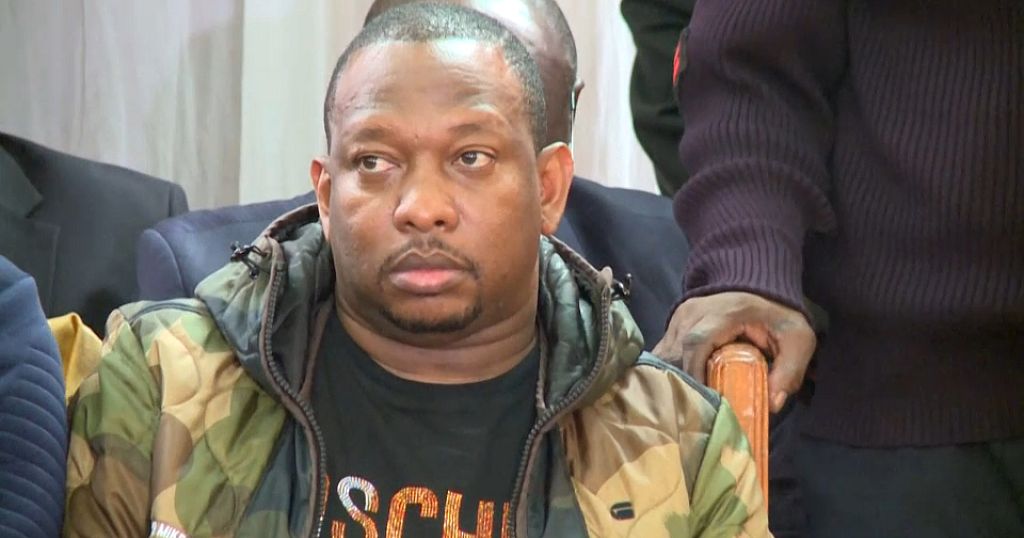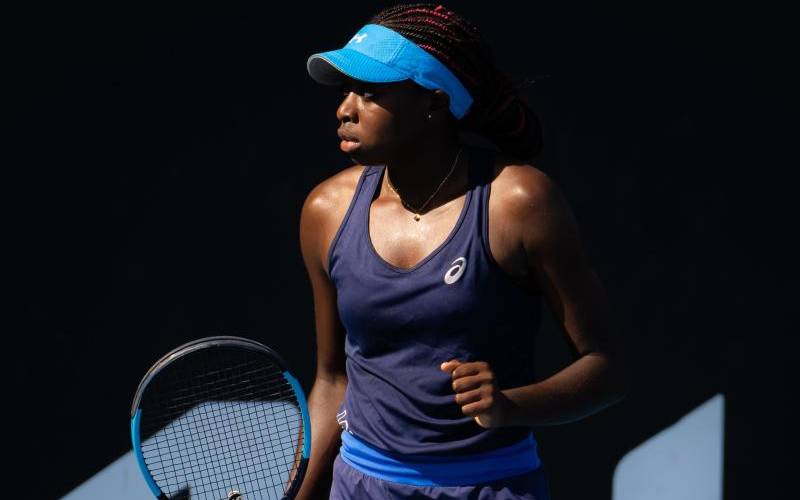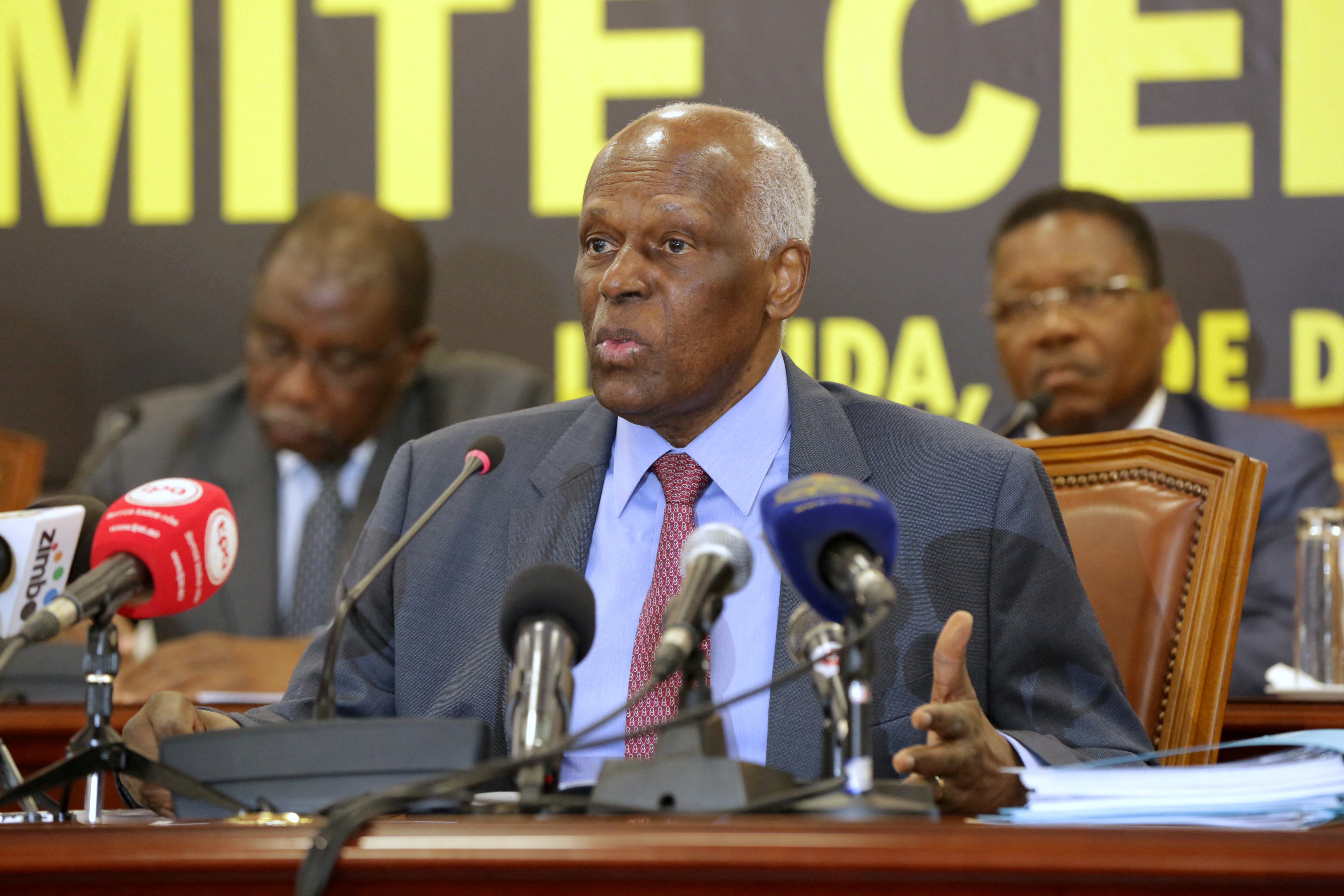Politics
Big oil firms fund Somali in maritime row with Kenya at Hague – Weekly Citizen
Published
6 years agoon
[ad_1]
International oil firms are reportedly funding Somali at the case filed at The Hague against Kenya regarding the two neighbours’ maritime boundary.
The oil companies fear that if Kenya wins the case and having its contacts with established oil exploration firms including Tullow, the possibility of them losing the lucrative oil blocs are high. They are comfortable dealing with Mogadishu than Nairobi.
The dispute saw Somali president Mohamed Farmaajo avoid Kenyan airspace when flying to South Africa to attend the inauguration of Cyril Ramaphosa.
Kenya also banned unaccompanied luggage on aircraft from Somalia and insisted that all planes land at Wajir airport in northern Kenya for security checks, in retaliation for Farmaajo’s administration auctioning of oil blocks in the disputed territory.
The deterioration of relations between the two neighbours has been blamed on the dispute over the maritime border in a resource-rich triangle in the Indian Ocean, which is the subject of a case at the International Court of Justice in The Hague, Netherlands.
But behind this dispute are economic and political interests as Western, Asian and Gulf powers scramble for the vast gas and oil deposits in the Indian Ocean triangle coveted by the two countries.
One firm based in Kenya but with links in Somali, Texas Energy Limited is said to be bankrolling Somali case at The Hague to enable it control the oil and gas field in the disputed region. Inside sources in the oil industry reveal, Abdihakim Ibrahim, the chief executive officer Texas Energy has been following the case and paying for Somali legal team to up his firm stakes in the exploitation if Somali carries the day.
A narrow triangle off the coast of Africa, in the Indian Ocean, about 100,000 square kilometres (62,000 square miles), is the bone of contention between the neighbours as both countries want the area because it supposedly has a large deposit of oil and gas.
According to Kenya, Somalia is now a “client state” and multinational oil buccaneers appear to be calling the shots and want to redo the colonial sea boundaries that had been accepted as following a line of latitude on entry into the ocean.
Somalia sued Kenya at the ICJ seeking to redraw the maritime boundary from the current eastwards flow from the land border South of Kiunga, to a diagonal flow. This means that Kenya could lose 100,000 square kilometres of sea thought to contain huge amounts of hydrocarbons.
But there are worries multinational buccaneers could be inciting Somalia in order to get some oil blocs.
Also, Kenya has reason to get worried and it does not seem to be getting luck at the ICJ, where this row is being played out.
First, some pundits believe that since the court is being chaired by a Somali, Abdulqawi Yusuf, Kenya cannot get justice and risks giving the court jurisdiction chance to undo its borders — a matter than can only be tackled through a referendum.
Already, a case has been filed in court to stop Kenyan officials from participating in the ICJ case.
Kenya insists the marine boundary is determined by a parallel line of latitude to the east, as per the standards set by the colonial powers, which were adopted in the marine borders between Kenya and Tanzania, Tanzania and Mozambique and Mozambique and South Africa.
On its part, Somalia says the boundary extends to the southeast as an extension of the land border.
But the current row is about the oil resources at the bed of the ocean.
The spat between Kenya and Somalia began when Kenya awarded offshore oil and gas exploration blocks to Total and Eni.
It was this time that Somalia accused Kenya of illegally issuing these blocks and argued that these concessions lie in its waters.
Somalia also expressed its intention to take up the matter with the United Nations as four of the blocks awarded in the deep waters were invalid.
At play are oil companies from the West — Norway, the US, UK, France, Netherlands and Italy — and the political divide in the Middle East that pits a group of countries led by Saudi Arabia and United Arab Emirates against those led by Qatar, jostling for an upper hand in Mogadishu.
Also with keen interest in the case are major oil companies and their subsidiaries, including British Petroleum, Royal Dutch Shell, Italy’s ENI and Total of France, for offshore evaluation.
Some two-thirds of the oil map was awarded to US firms—Conoco Phillips, Amoco and Chevron.
In 2014, Soma Oil and Gas Exploration Ltd negotiated a deal with Somalia in which it was awarded the right to exploit 12 offshore oil and gas blocks amounting to 60,000 square kilometres.
It is worth noting that current Somali prime minister Hassan Khaire was the executive director for Africa at Soma Oil and Gas before he was appointed PM.
In February this year, Kenya was angered by Somalia’s hosting of an oil conference in London for potential prospectors in which it allegedly exhibited seismic data of oil blocks in the ICJ case.
But Kenya has maintained that it will not cede even an inch of its soil to anyone or any state.
President Uhuru Kenyatta met the Somali leader at State House in January this year where the PM was asked to put the auction on hold.
Somalia, nevertheless, auctioned the oil blocks the following month.
Kenya has huge interest in Somalia with Kenya Defence Forces troops still present in the country. Kenya helped in its formation of Jubaland after jointly capturing its capital, Kismayo from al Shabaab militants in 2012.
[ad_2]
Source link
Comments
The Kenyan Digest Team

You may like
Rayvanny officially leaves Diamond’s WCB Wasafi after 6 years
Raila Odinga is the most popular presidential candidate, a survey released by Infotrak
Newly-crowned Kenyan Wimbledon champion Angella Okutoyi would like to play against American star Serena Williams

The Mombasa High Court has ordered IEBC to clear Sonko to run for the Mombasa governorship.

A new born baby was pulled out of latrine in Mururi.

Kenyan Rapper Colonel Mustafa has leveled fresh accusations against his ex-girlfriend Katoto.

Okutoyi and Nijkamp qualify for Wimbledon Open final
Fans will have to brace themselves for a sober 90 minutes, the Gulf Arab state announces.

